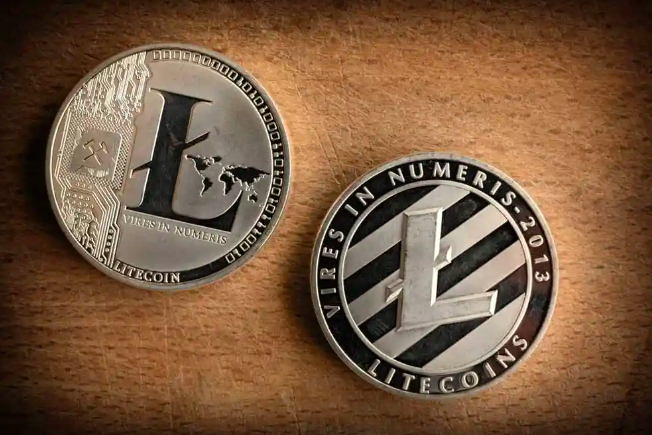California regulator orders Celsius to stop selling securities in the state

The Department of Financial Protection and Innovation of California (DFPI) continues to bring actions against crypto interest account providers, failing to comply with the local law. After commanding BlockFi and Voyager to stop their offerings in the state, the DFPI issued a desist and refrain order to crypto lending firm Celsius.
The order simply means that the crypto lending platform, which is undergoing the bankruptcy procedure, should stop all of its further operations on the sale and marketing of securities in the state of California.
The order had been published on Aug. 8 and claims that Celsius Network and its CEO, Alex Mashinsky, made material misrepresentations and omissions in the offer of crypto interest accounts, particularly in understating the risks of depositing digital assets.
According to the Department, the unmentioned risks include the risk that third-party custody services might lose access to digital assets; the risk that lenders would be unable to return Celsius’ collateral on time; the risk that in the event of a sudden request for withdrawals Celsius wouldn’t possess adequate assets to meet customer withdrawal demands.
Related: Crypto lending platform Hodlnaut suspends services due to liquidity crisis
The platform is also being accused of non-qualifying the deposited digital assets as securities in compliance with California legislation, a Corporations Code Section 25110. To sell these kinds of securities in the state, a company must obtain a permit from the DFPI.
In July 2022, the DFPI issued two cease and desist orders to BlockFi and Voyager, respectively. Voyager, a crypto exchange affiliated with the failed hedge fund Three Arrows Capital (3AC), filed for bankruptcy under Chapter 11 on July 6.
Celsius paused rewards and withdrawals for all users on June 13 and have since paused margin calls, liquidations and issuing new loans. During the first bankruptcy hearing, platform lawyers claimed that Celsius is free to “use, sell, pledge, and rehypothecate those coins” as users transferred the title of their coins to the firm as per its terms of service (ToS).
This article is authorized for publication, and unless the source is indicated, it is submitted by users and does not represent the position of our website. If the content involves investment suggestions, it is for reference only and not as an investment basis.







